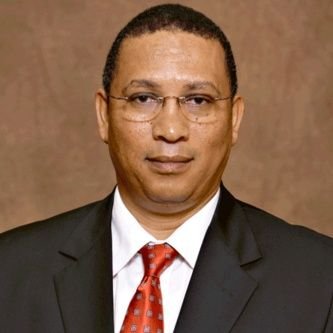Ivan Meyer, the MMC for agriculture in the Western Cape, has condemned the proposed Eskom electricity tariff increase as a “corruption tax” with no benefit for ordinary citizens.
Meyer warned that this increase will also raise the unemployment rate and further burden South Africans already struggling with rising costs of living.
He joined protests outside the National Energy Regulator of South Africa’s (Nersa) public hearing on Eskom’s revenue application for the next three financial years on Monday.
Speaking at the protest, Meyer argued that the proposed tariff hike would force businesses to close, leading to more job losses and worsening economic hardship.
“This increase will lead to more job losses. We have 4% inflation; this increase will push up inflation and the general cost of living,” Meyer said.
“Poor people, the working class, and now also the middle class will be severely hit by this 40% increase.
He accused Eskom of using the tariff increases to fund inefficiencies and corruption, referencing its history of massive price hikes over the past decades.
Lack of transparency
“This public hearing must listen to the people. People are tired of paying a corruption tax. Over the last 30 years, Eskom has increased the tariffs by 1 700% corruption tax.
“Did anybody get a 700% salary increase? Did Sassa [South African Social Security Agency] increase by 1 700%? Citizens of South Africa, we say no more.”
The DA has also made formal submissions objecting to the proposed tariff hikes, citing concerns over a lack of transparency, inefficiency, and inadequate control mechanisms within Eskom.
Meyer emphasised that, for ordinary citizens, the proposed increase is simply unaffordable.
He said the DA advocates for a competitive approach to unbundling the electricity sector, which includes the separation of generation, transmission, and distribution.
“The City of Cape Town is even allowing businesses that generate extra electricity to get cash back; in the future, citizens will also get money back because we are generating our own electricity,” said Meyer.




